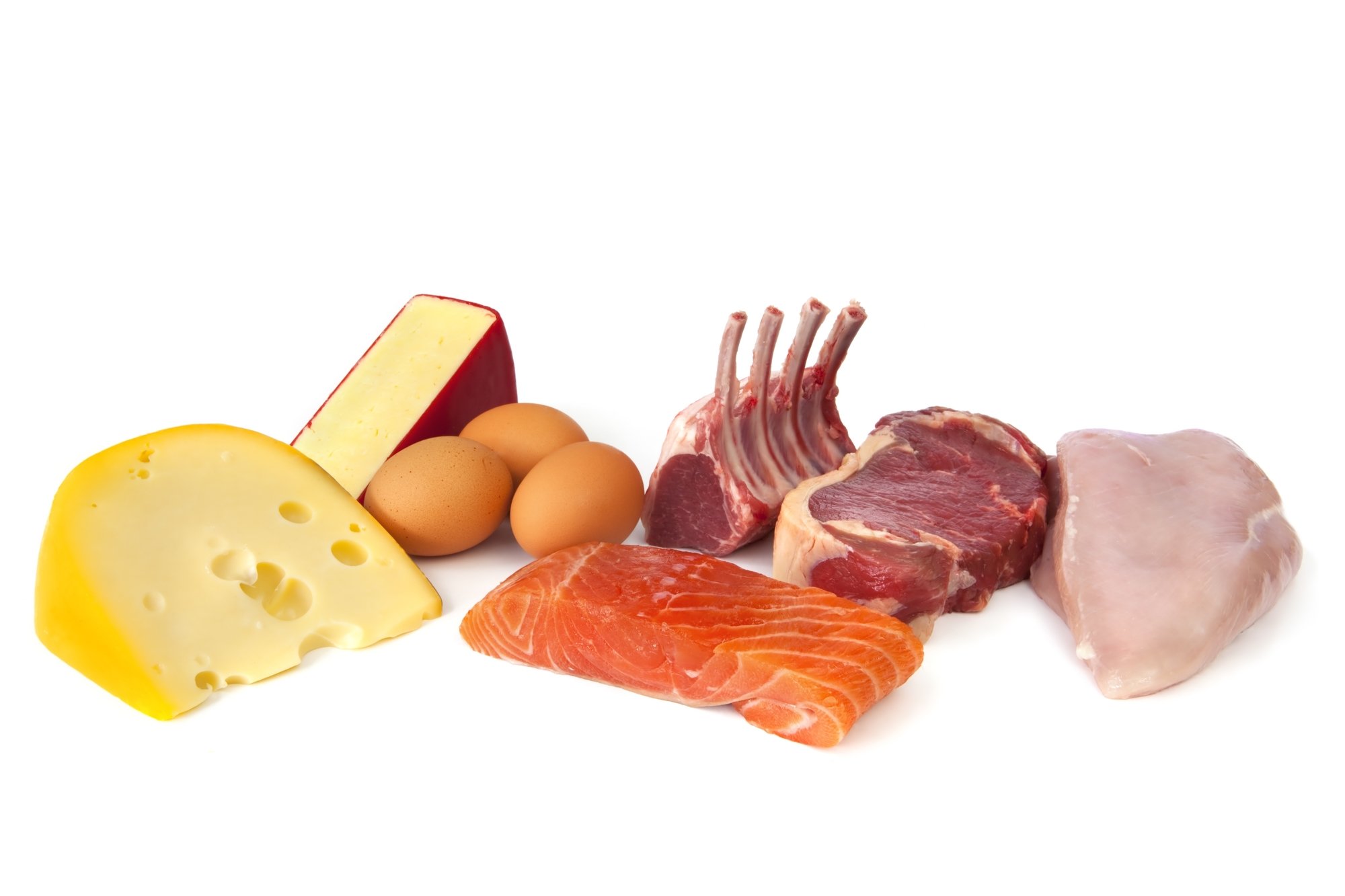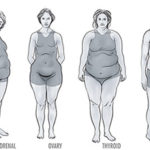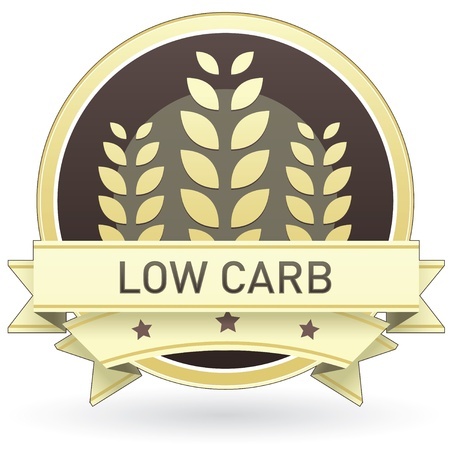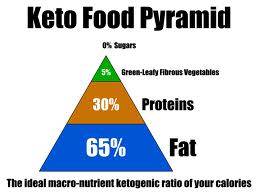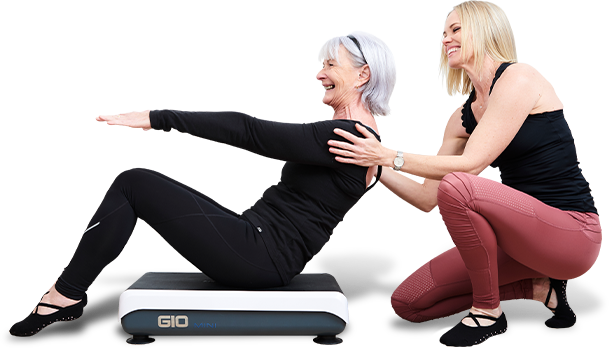Why you should add more fat to your menu
Until a couple of years ago, low-fat diets were promoted and generally accepted as the best weight loss solutions, however since the Paleo diet started to increase in popularity, more and more people have decided to abandon the low-fat trend and to switch to a low-carb, high-fat regimen. How does such a change affect one’s overall health and body weight?
Research suggests that a low-carb, high-fat diet is more effective for weight loss and for reducing the body fat percentage than a high-carb regimen. A study published in The New England Journal of Medicine showed that 12 months on a low-carb regimen is more effective than a low-fat, calorie-restricted diet for losing weight and body fat. The low-carb diet group lost 7.3% of their body weight while the low-fat group lost only 4.5% of the body weight.
Another study published in the Journal of Pediatrics showed that low-carb diets are safe and effective even in overweight adolescents, reducing the body weight and the risk of cardiovascular diseases. No side effects were noticed during the 12-week study, and besides the reduction in body weight, the low-carb regimen also contributed to an improvement in the levels of non-HDL cholesterol.
There are dozens of other studies like these ones, that show the effectiveness and safety of a low-carb diet, and that eating less carbs leads to faster and more significant weight loss than a low-fat regimen.
But this isn’t the only reason fat should be present in your regimen. Surely, the fact that eating more fat allows you to get rid of body fat is extremely important for someone who’s concerned with their body weight and physical appearance, but dietary fat plays a huge role in several internal processes and its impact goes well beyond the changes in one’s physical appearance.
Dietary fat is not your enemy
Eating more fat decreases the appetite, as fat-rich food is denser and provides more energy to your organism. One gram of dietary fat provides 9 kcal, while one gram of carbs provides only 4 kcal, so it’s easy to understand why you feel more satisfied and energized after eating a fat-rich meal.
People who eat more fat usually end up eating fewer carbs and vice versa, so a high-fat diet is a better choice for someone who struggles with high blood sugar levels. Insulin levels decrease when the intake of carbs decreases, as the role of this hormone is to transport sugar to cells and enable the cells to use glucose as fuel. The lower the intake of carbs is, the less insulin the body needs to produce for transporting the glucose that results from carbs’ metabolism.
Then, eating more fat helps in the release of certain enzymes and hormones that accelerate the metabolic rate and help your body burn carbohydrates more efficiently, while also making the organism better at destroying the already stored fats.
Given that dietary fats have a satiating effect, eating foods like cheese, fatty fish, eggs or nut butters contributes to a healthier appetite and reduces the cravings for snacks between meals.
Fat keeps your hair and skin looking beautiful and healthy; on the other hand, the lack of this nutrient from your regimen leads to dry skin and an altered production of sebum. In some people, eating more fatty fish that is rich in omega-3 fatty acids helps in reducing joint pain and decreasing the inflammation caused by arthritis, therefore reduces the discomfort and contributes to a better quality of life.
Studies have shown that eating more saturated fat like the one found in coconut oil for example increases the levels of good cholesterol. Also, a higher fat intake helps in maintaining mental focus and clarity, as it increases the availability of ketones, which are used by the brain as fuel, instead of or together with glucose.
How to add more fat to your diet
Eating more fat doesn’t mean that you have to replace the lean cuts of meat with fatty meat, but you can surely add more fatty fish in your menu, and you can increase the intake of cottage cheese, milk, sour cream, yogurt, butter, nut butters, nuts and seeds, eggs and avocado. All these foods are good sources of dietary fats, so you can start by preparing a protein and fat-rich breakfast, and continue with a fish-based dish for lunch.
Don’t be afraid to use heavy cream or to eat the yolks, and avoid the low-fat versions of cream cheese if possible. Also, when preparing salads, use healthy oils like olive oil and opt for natural fats like those from seeds, nuts or cheese instead of adding commercial dressings.
Remember that fat is required for your body to better assimilate certain minerals and vitamins, and a lower intake of this nutrient can cause nutritional deficiencies and affect your health state severely.
Have something to add to this article? Comment below or join our Facebook community and share your thoughts with us!
